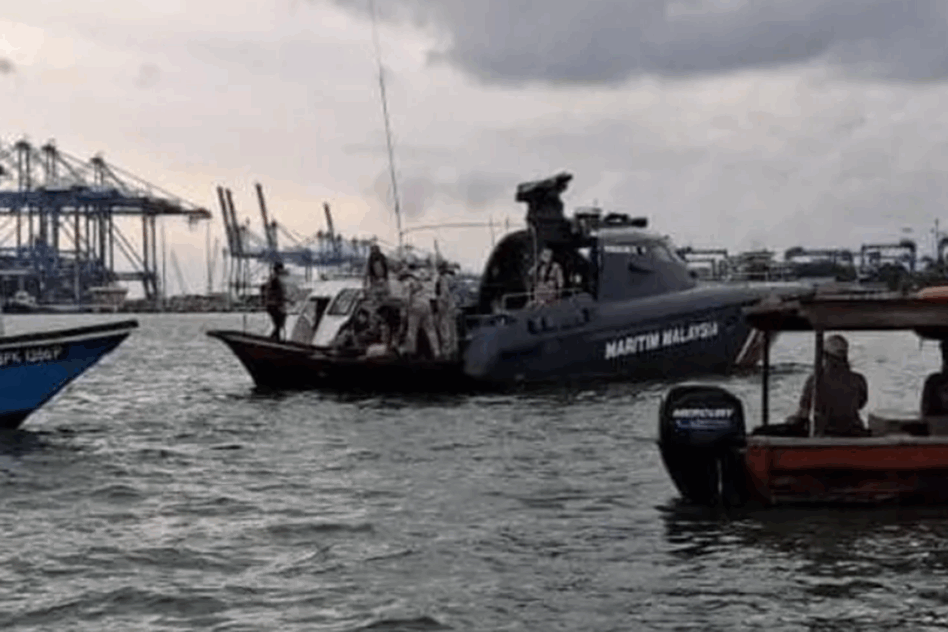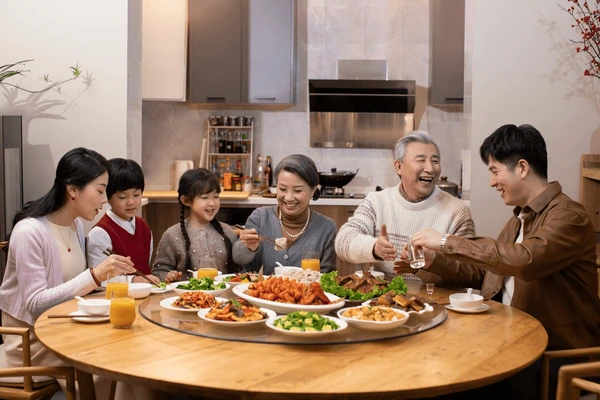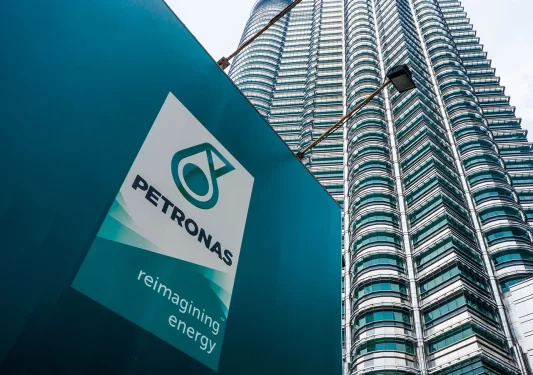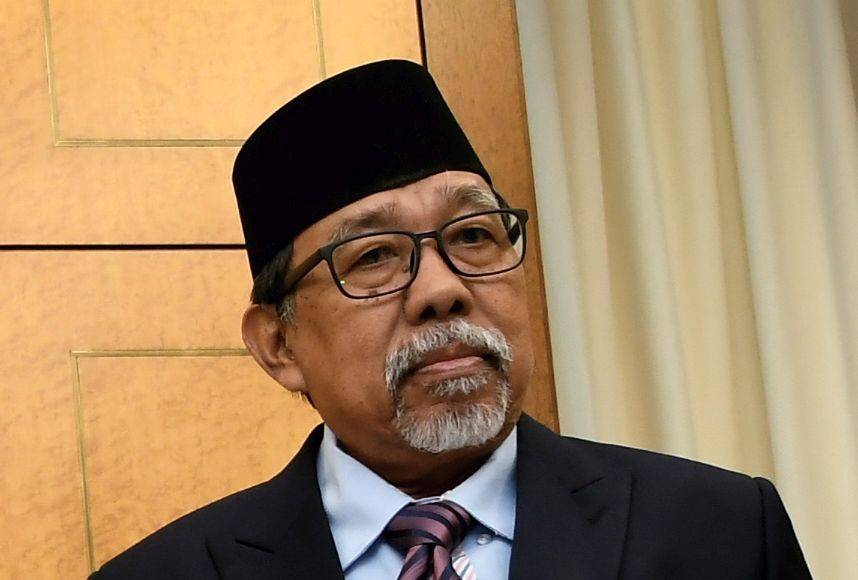THE Malaysian Government is tightening its screws on a rubber glove maker supplying to the US, after investigations found the company’s migrant workers living in squalid and congested conditions.
According to a report by an American daily, VOA News, a spike in global demand for personal protective equipment (PPE) due to the COVID-19 pandemic has drawn international attention to the plight of migrant workers making rubber gloves in Malaysia, which produces nearly two in every three pairs worldwide.
To date, the Malaysian Government announced plans to file the first 19 charges under the Workers’ Minimum Standards of Housing and Amenities 2019 (Act 446) against leading glove maker, Top Glove Corp Bhd.
A COVID-19 outbreak at the company’s crammed migrant worker dorms last month had sparked what was until then, the largest cluster of infections in the country.
The latest spate involves 30 proposed charges against Brightway Holdings and its two subsidiaries, Biopro (M) Sdn Bhd and La Glove (M) Sdn Bhd, following a series of Government raids on its facilities in the final days of last year.
The group of Malaysian companies runs five factories in the country, according to its website, and employs about 2,900 workers, making more than four billion gloves a year for clients around the globe.
Like modern day slavery
Malaysian Human Resources Minister M Saravanan, who participated in some of the raids, was appalled by what he saw and lashed out against the companies.
“I don’t know how anyone could live like this,” he told a local broadcaster, Astro Awani. “This looks like modern slavery.”
Photos of the dorms, shared by the ministry and media, show poorly lit and ventilated halls in ramshackle buildings jammed with bunk beds and basic cubicles, and several workers packed into shared bathrooms, without any masks or social distancing.
Human Resources Ministry officials told VOA last week that authorities were still preparing the charges and that it may be another month or two before they are filed.
A Brightway worker from Bangladesh told VOA of sharing a cramped and stuffy hall, with just one bathroom with more than 200 others.
X’s on the floor marked out in yellow tape make a show of social distancing measures. However, with three men to a bunk in beds packed side by side, he said the measures bear little result.
“They always say to socially distance. But there are so many people living and working together in one place, so it’s hard to do,” he said. “I don’t think the company has taken the necessary steps to protect us from COVID-19. They give us only soap to wash our hands.”
With only two face masks a month per worker from the company, he said, many of them buy more out of their own modest pay.
“I feel bad here. With 200 people, it gets very hot and very noisy at night,” he added. “Sometimes we can’t sleep; it depends on the weather.”
Some good plans
Brightway conceded that some of its dorms are overcrowded, adding some of its workers were moved into a few of the buildings the inspectors visited recently from their original hostels for their own safety.
“There was congestion, yes, because they all wanted to sort of move into a safer place,” Brightway’s managing director, Govindasamy Baskaran told VOA.
“But they have been provided everything, whatever they required. They knew it was congested, but to them they feel it’s much safer because back home in their country, they have so many cases, next of kin dying because of COVID-19.”
Baskaran added that the company also had all of its workers tested for COVID-19 just after the raids. A letter he shared from the clinic that conducted the tests says all the samples came back negative.
Most of the migrant workers employed in Malaysia’s glove factories hail from Bangladesh and Nepal.
After the Dec 24 raid on the Biopro site, Saravanan, confirmed local reports that the company had been tipped off by an unidentified Government official, giving the company ample time to move workers out and make some hasty improvements.
However, Baskaran denied Saravanan’s statement. He said workers were moved out of the Biopro dorms a day or two ahead of the visit because the company had anticipated the inspection, after the raid on La Glove on Dec 21.
He also said that the company has bought a land to build new dorms that would meet the Government’s worker housing regulation and was looking to buy more.
“We are going to put up some, I won’t say state-of-art hostels, [but] a good living place for all of them, including leisure areas and so forth. We have some good plans,” Baskaran added.
Not alone
Commenting on the matter, labour rights advocates say Brightway and Top Glove are not alone in jamming their migrant workers into shoddy housing.
“The conditions uncovered at Brightway were ‘shocking’ but not surprising, said Adrian Pereira, executive director of the North South Initiative, a local non-governmental organisation (NGO) and a member of the Migrant Workers Right to Redress Coalition.
“I suspect it’s in almost in every sector involving migrant labour. I think if not for the international auditors and ethical trade organisations, almost all sectors involving migrant workers would be as horrible as this,” he said.
Pereira said the Government would need to push for a more comprehensive reforms of the industry to reverse conditions that have been allowed to fester for decades.
“Two or three raids are not enough to change their behaviors,” he said. “This is what we have seen over the last 20, 30 years. It will take much more than raids to make them comply with not just the law but international standards of labour.”
Business associations have not disputed the fact that some staff dorms fall short of the Government’s new ruled but they have urged authorities to give them more time to comply. – Jan 10, 2021.









